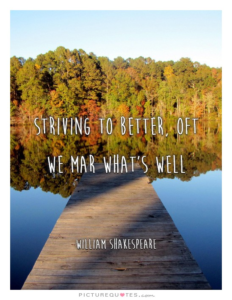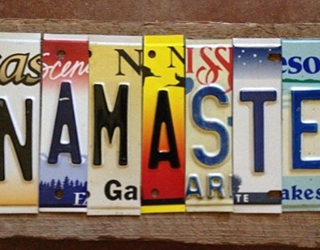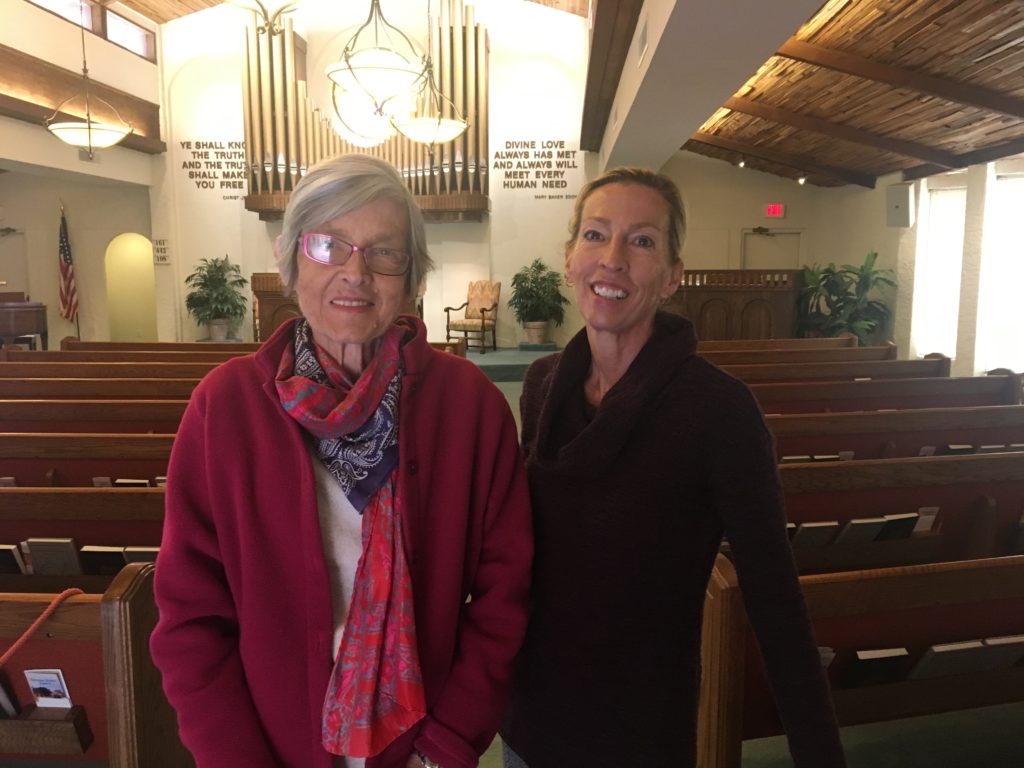My name is Amie and I’m a recovering perfectionist.
It started at an early age. I was a rule-follower even at the age of four, dutifully memorizing every book of the Old Testament, reciting my gratitude list each evening, playing the piano with the frenzy of a virtuoso.
In the faith-healing religion of my childhood, we were taught to be “God’s Perfect Children,” the odd combination of what author Caroline Fraser calls “self reliance and human perfectionism,” just one more ambiguity in a faith-healing world where disease is denied.
It was a standard impossible to attain.
In the lifelong quest for perfection, I subconsciously emulated my mother, whose need to excel in everything from the braided lattice crust on a peach pie to the intricate footwork of Greek folk dancing was just one of the many religious paradoxes she refused to discuss. “Why do I need to master the piano,” I pleaded, not wanting to practice my scales, “if I’m already perfect?”
Still, it seemed crucial to be the expert in everything. For years, I wore perfectionism like a badge. I consistently won top performer sales awards, placing impossible demands upon my team and myself. “No one can live up to your standards,” one of my sales reps told me. “We can’t all be perfect.”
Today, as a writer, I teeter between the endless process of revision and what editor Dorothea Brande describes as “silences in which not one idea seems to arise. . . [often] the result of such ideals of perfectionism as can hardly bear the light of day.”
And as I witness my mother’s slow deflation because she can no longer “master” telling time or button her blouse or remember my name, I realize perfectionism—that pesky need to always be the best—is the ultimate form of self-abuse.
Letting go is a slow process. Now, I often catch myself as I tunnel down the rabbit hole of perfection. I don’t have to vacuum the hardwood floors twice in my quest to capture every speck of dirt from the dogs’ daily backyard journeys. My hair will never look as good as it does in the salon. If I miss a day of yoga, the sun will still rise tomorrow.
For weeks, I’ve struggled with the compulsion to make this post perfect, to convey exactly the right message. It isn’t perfect, not by a long shot. And it’s well beyond the self-imposed constraints of my customary 140-word blog post. But guess what? Life doesn’t have to be perfect to be beautiful. 
And although I may have neither, in this moment that’s progress.




